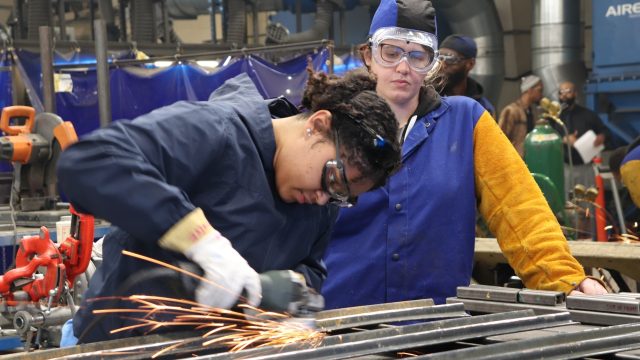workplace
-
ABCs of KM

Knowledge management: the underrated ally of workplace safety and health (WSH)
WSH is a key component of organizational success, especially in high-risk industries, and knowledge is the foundation for risk management.
-
Artificial intelligence

The digital divide caused by generative AI
The risk of a growing gap between organizations that have embraced new artificial intelligence (AI) technologies and those that have…
-
Brain power

Peer recognition programs carry risks at work
Peer information that is publicly disclosed in peer recognition programs may reduce subsequent helping behavior.
-
Artificial intelligence

AI chatbots are coming to your workplace but are not necessarily coming for your job
Chatbots are proving to be productive and useful but they can be unreliable and make mistakes.
-
Brain power

The importance of conversations at work
Why is it that while some interactions flourish and lead to ongoing connections, others fall flat?
-
ABCs of KM

The outcomes of informal work-related learning behaviours
Informal work-related learning is as important in knowledge management (KM) practice as formal work-related learning.
-
Brain power

For advice to be accepted, the recipient needs to request it
Recipients are likely to attribute self-serving motives to those providing unsolicited advice and prosocial motives to those providing solicited advice.
-
Brain power

Neurodiversity can be a workplace strength, if we make room for it
Logical thinking, curiosity, evidence-based decision making, and fresh perspectives are all benefits brought by neurodiversity.
-
Brain power

We bullshit at work to fit into our professional community
Employers need to encourage transparent and open and honest work environments to ensure the practice doesn’t spread out of control.
-
Brain power

Five questions about psychological safety, answered
A meta-analysis finds psychological safety to be strongly linked to information sharing and learning behaviors.

